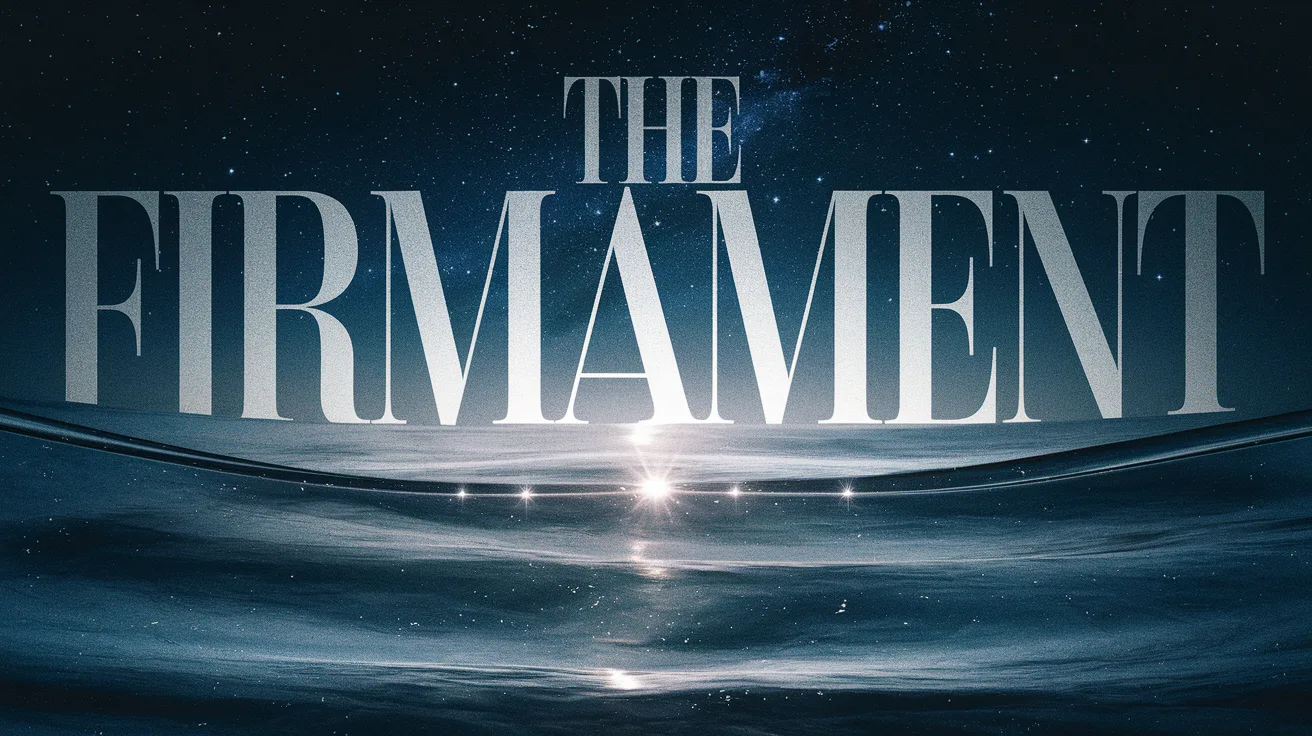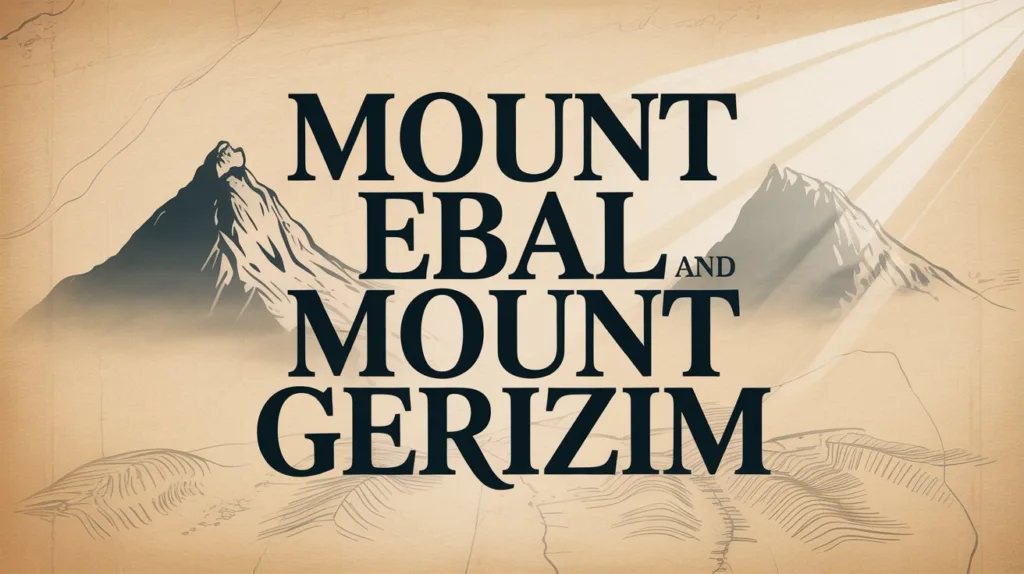A Burial and a Promise
We will begin in Genesis 23, after the death of Sarah:
“Sarah lived one hundred and twenty-seven years; these were the years of the life of Sarah. So Sarah died in Kirjath Arba (that is, Hebron) in the land of Canaan, and Abraham came to mourn for Sarah and to weep for her.”
(Genesis 23:1–2)
Abraham was a sojourner in Canaan, a land promised to him by God (Genesis 12:7), yet he did not own a single piece of it. When Sarah died, Abraham sought a burial site, and his request was clear:
“Give me property for a burial place among you, that I may bury my dead out of my sight.”
(Genesis 23:4)
Though God had promised him the land, Abraham did not take it by force; he purchased it publicly, showing both humility and faith in God’s future fulfillment.
The Purchase of the Cave
The negotiations between Abraham and Ephron the Hittite are recorded in detail in Genesis 23. Abraham insists on paying full price for the cave of Machpelah in Hebron, refusing a gift. The text says:
“So the field of Ephron which was in Machpelah, which was before Mamre, the field and the cave which was in it… were deeded to Abraham as a possession in the presence of the sons of Heth.”
(Genesis 23:17–18)
This legal transaction (done before witnesses) was significant. It was the first legal claim Abraham had in the land of promise. Though he did not see the full possession in his lifetime (Hebrews 11:13), this act demons/”>demonstrated unwavering faith that God would keep His word.
Who Was Buried There?
The cave became the family tomb of the patriarchs:
Sarah was buried there (Genesis 23:19)
Abraham was buried there (Genesis 25:9–10)
Isaac and Rebekah were buried there (Genesis 49:31)
Jacob buried Leah there and requested to be buried there himself (Genesis 50:13)
Even Joseph, though buried in Shechem, gave instructions regarding his bones because of the same promise (Genesis 50:24–25; Hebrews 11:22). The Cave of Machpelah became a testimony to the patriarchs’ faith in God’s covenant and their hope of resurrection.
Its Theological Significance
Why does the Bible give so much detail about this cave?
Faith in God’s Promises: Abraham bought land in Canaan when he owned nothing, trusting God’s word that his descendants would inherit the land (Genesis 15:18). This purchase was an act of faith.
Hope Beyond Death: The patriarchs were buried in Canaan because they believed in God’s future kingdom. Hebrews 11:13 says:
“These all died in faith, not having received the promises, but having seen them afar off… and confessed that they were strangers and pilgrims on the earth.”
Their burial in Machpelah was a declaration: “This world is not the end. God’s promises stand beyond the grave.”
A Foreshadowing of Christ: Abraham’s act prefigures Christ securing our eternal inheritance. Just as Abraham paid the price for a burial place, Christ paid the ultimate price for our eternal dwelling (John 14:2–3; Hebrews 9:15).
Lessons for Us Today
The Cave of Machpelah challenges us to live by faith, not sight. Like Abraham, we are sojourners, awaiting the fulfillment of God’s promises. Peter reminds us:
“Beloved, I beg you as sojourners and pilgrims, abstain from fleshly lusts which war against the soul.”
(1 Peter 2:11)
We invest not in temporary things, but in eternal realities. Our hope is not in earthly possessions but in the city “whose builder and maker is God” (Hebrews 11:10).
My Final Thoughts
The Cave of Machpelah is more than a burial site, it is a monument of faith. It reminds us that God’s promises endure beyond death. Abraham never saw the full possession of the land, yet he believed. That same faith anchors us today. Christ has secured for us an inheritance that will never fade (1 Peter 1:4). Like the patriarchs, let us live as pilgrims with our eyes on the eternal kingdom, confident that God will keep every word He has spoken.





 Get the book that teaches you how to evangelize and disarm doctrines from every single major cult group today.
Get the book that teaches you how to evangelize and disarm doctrines from every single major cult group today.